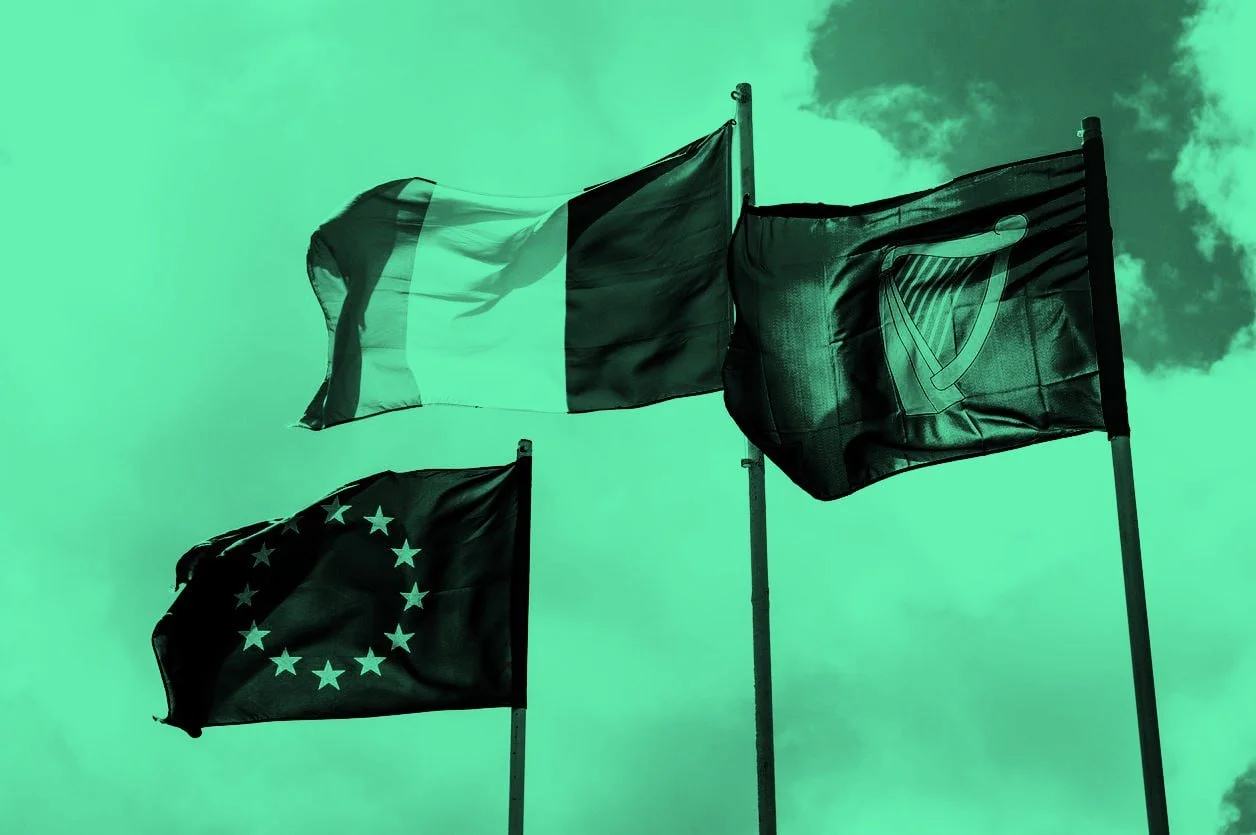Ireland and the European Union – Integration or Separation?
No international political organisation dominates Irish politics and statecraft more than the European Union. The United Nations serves as an assembly of competing national interests, begrudgingly working together for the sake of maintaining the international status quo. Ireland’s role within the European Union ought to mirror this.
This article serves the purpose of a much-needed reality check: to leave the EU would be a catastrophic geopolitical blunder, notwithstanding the economic consequences of such actions.
I do not aim to offer an apology for the European Union’s federalisation; instead, this article contends that shared national interests amongst member states are best, in a multipolar world, coordinated into a European bloc, independent of the competing Powers of the era.
The European Union’s Common Foreign and Security Policy, by design, stipulates that although member states agree largely on issues of international affairs, each and every member state reserves the right to waver in their policy interests. Hence why EU member states have such wildly different perspectives on international issues ranging from Russia-Ukraine, Israel-Palestine, the Sahel, China-Taiwan, and NATO.
In terms of foreign policy, the EU functions as an essential instrument of European politics, without which European states would have no political incentive to act in unison in times of international strife. To tackle the key issues of the century – migration, defence, culture, economy, and politics - Europe must act in concert.
Proponents of an Irexit neglect the vital foreign policy functions of the EU and the importance of political power-sharing to bolstering Ireland’s own authority in international affairs. The so-called failures of the Brexit negotiations and the manic liberal obsession with Britain’s decision to leave the EU are two polar perspectives on the EU, both of which base their claims on false premises.
The former, claim that the European Union failed Ireland’s interests during the Brexit negotiations, to a measurable detriment worthy of an Irexit. Such a perspective implies that Irish leadership is more competent than EU leadership, and assumes that they possess the necessary political and economic authority and power projection to negotiate with Britain on equal footing: both of which are objectively flawed and irrational presumptions. The latter, liberal caste, typified by FG party policy, see the EU as the invisible hand, bearing unto Ireland the touch of Midas.
Both the EU separatist and integrationist claims neglect the tangible and objective national interests of the Irish state in the realms of politics, economics, and foreign policy. The EU is by no means a well-managed organisation; its leadership are certainly prone to the same failures as Ireland’s current leadership caste, though they are markedly more competent.
Thus, the reformation of the EU becomes an essential path for not only Ireland, but all other member states; our goal ought to be the retention of the substantial benefits of European political unity, and the concomitant demolition of the political overreaches and violations of national sovereignty attempted by the current EU administration.
In an extract from a foreign policy memorandum by the nascent Irish Free State, the Irish Department of Foreign Affairs justified Ireland’s membership of international institutions such as the League of Nations under the following logic:
‘… Ireland is and must be part of the European system, and for European States membership of the League and its subsidiary organisations is becoming almost a necessity of a prosperous life.
In approaching the tumults and obstacles of the next century, we must abide by two deceptively blasé, yet cardinal facts: that we are Irish and that we are European.



